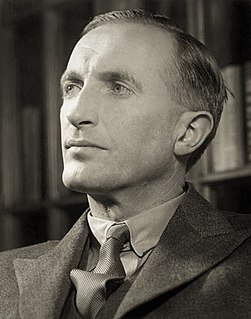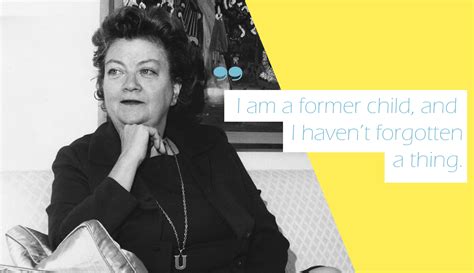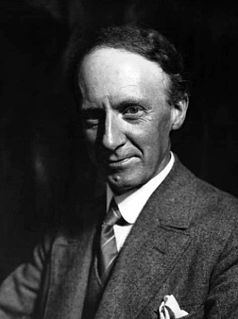A Quote by E. M. Forster
A critic has no right to the narrowness which is the frequent prerogative of the creative artist.
Quote Topics
Related Quotes
The critical sense is so far from frequent that it is absolutely rare, and the possession of the cluster of qualities that minister to it is one of the highest distinctions... In this light one sees the critic as the real helper of the artist, a torchbearing outrider, the interpreter, the brother... Just in proportion as he is sentient and restless, just in proportion as he reacts and reciprocates and penetrates, is the critic a valuable instrument.
Freedom of speech is, to all Americans, as oxygen is to the human condition. It is a right that has been irreversibly programmed into our hard drive. We are free to speak our minds. An artist's right to express him or herself as best suits their art, is the artist's prerogative and it is guaranteed.
No one has been able to define or synthesize that precarious, splendid, and perhaps untidy instant when the creative process begins. This is what the uniqueness of the artist is all about. The transcendent right of the artist is the right to create even though he may not always know what he is doing.
All the lies and evasions by which man has nourished himself civilization, in a word is the fruits of the creative artist. It is the creative nature of man which has refused to let him lapse back into that unconscious unity with life which characterizes the animal world from which he made his escape.
Technique is really personality. That is the reason why the artist cannot teach it, why the pupil cannot learn it, and why the aesthetic critic can understand it. To the great poet, there is only one method of music - his own. To the great painter, there is only one manner of painting - that which he himself employs. The aesthetic critic, and the aesthetic critic alone, can appreciate all forms and all modes. It is to him that Art makes her appeal.
The artist usually sets out -- or used to -- to point a moral and adorn a tale. The tale, however, points the other way, as a rule. Two blankly opposing morals, the artist's and the tale's. Never trust the artist. Trust the tale. The proper functions of a critic is to save the tale from the artist who created it.



































